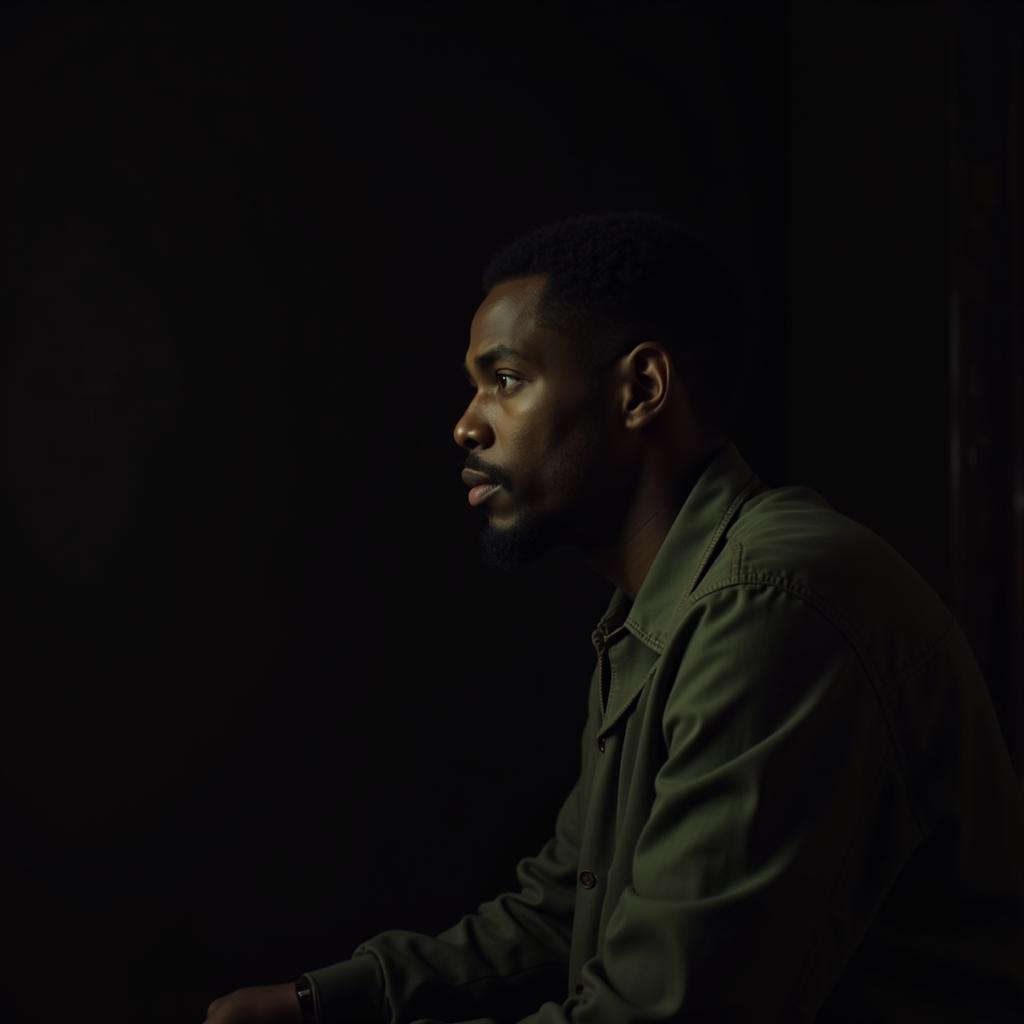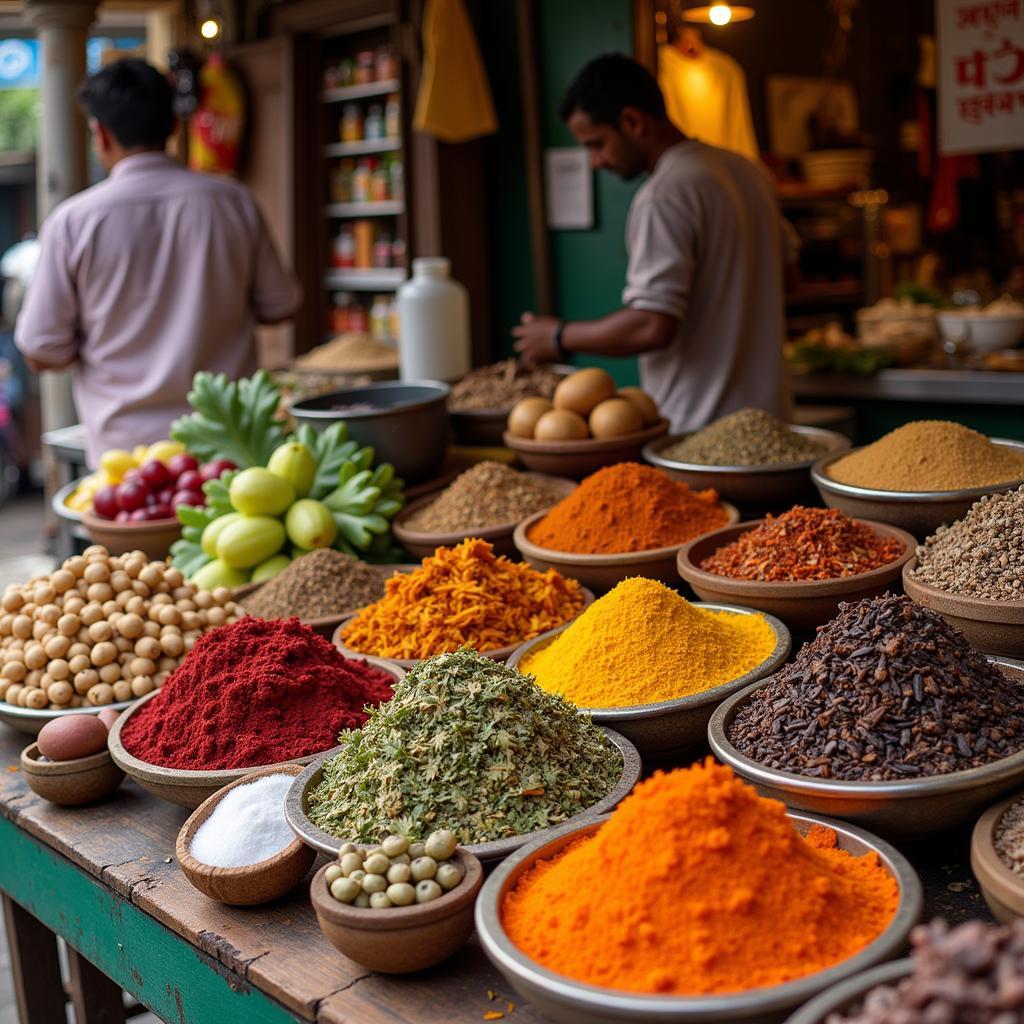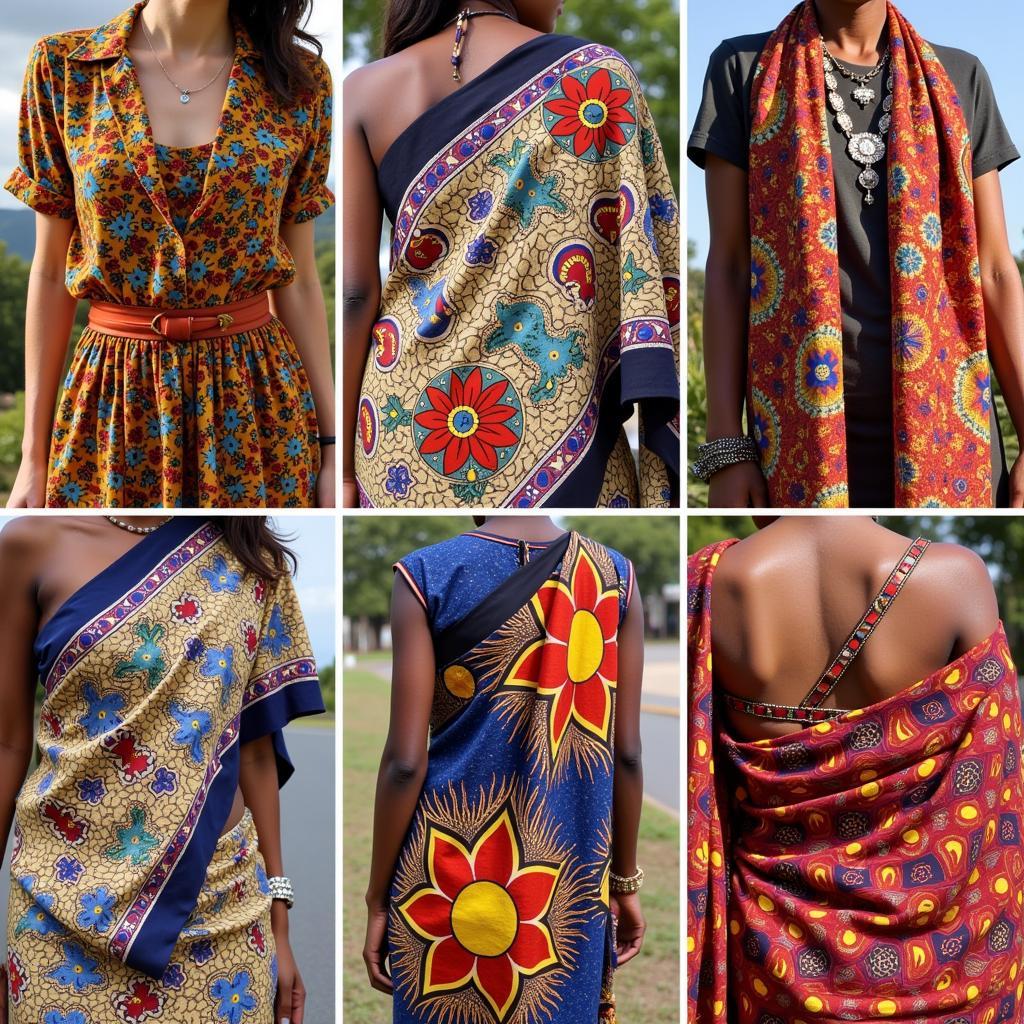The Enduring Beauty of African Women
African women are renowned for their diverse and captivating beauty. From the striking features of North African women to the vibrant adornments of those in the south, the continent boasts a tapestry of unique aesthetics. This article explores the multifaceted beauty of African women, delving into the cultural influences, historical context, and individual expressions that shape their identities.
Across the vast expanse of Africa, beauty is not a monolithic concept. It’s woven into the fabric of daily life, expressed through intricate hairstyles, vibrant clothing, and symbolic scarification. These practices are often deeply rooted in tradition, reflecting tribal affiliations, social status, and spiritual beliefs. For instance, the Himba women of Namibia use red ochre and butterfat to create elaborate hairstyles and adorn their skin, a practice that signifies their connection to their ancestors and the land. This rich tapestry of traditions adds another layer to the understanding of what constitutes beauty across the continent. You can see examples of these intricate styles in African designs for ladies 2018.
The Diversity of Beauty Across Africa
From the high cheekbones and almond-shaped eyes often seen in North Africa to the full lips and rich skin tones prevalent in the sub-Saharan regions, the diversity of beauty across the continent is breathtaking. This diversity is a testament to the rich genetic heritage and the blending of cultures over centuries. Each region, each tribe, has its own unique definition of beauty, celebrated through its distinct customs and traditions.
What makes African women so beautiful?
Their beauty is not merely skin deep. It’s a reflection of their resilience, strength, and grace in the face of adversity. It’s the confidence in their stride, the warmth in their smiles, and the wisdom in their eyes. These qualities, combined with their physical attributes, create an aura of captivating beauty.
Beyond physical attributes, African women possess an inner strength and resilience shaped by their experiences and cultural heritage. This inner beauty shines through, adding another dimension to their overall allure.
Cultural Influences on Beauty
Traditional beauty practices in Africa often serve a deeper purpose, connecting individuals to their heritage and community. Scarification, for instance, can mark significant life events, symbolize group membership, or convey spiritual beliefs. Similarly, elaborate hairstyles and body painting can be expressions of cultural identity and social status. Understanding these cultural nuances provides a richer appreciation for the multifaceted beauty of African women. More on this topic can be found at African countries with beautiful women.
How do cultural practices influence beauty standards?
Cultural practices play a significant role in shaping beauty standards within different African communities. These practices, passed down through generations, define what is considered beautiful within a particular cultural context. They are not merely aesthetic choices but often carry deep symbolic meaning, reflecting cultural values and beliefs.
For example, in some cultures, fuller figures are traditionally seen as a sign of health and fertility, while in others, elaborate hairstyles signify social status and marital status. These cultural influences shape individual perceptions of beauty and contribute to the diversity of beauty ideals across the continent. Find out more about the different standards of beauty across the continent at 10 African countries with the most beautiful woman.
Beauty in the Modern Age
While traditional practices continue to hold significance, the concept of beauty in Africa is also evolving in the modern age. Influenced by global trends and media, younger generations are embracing new forms of self-expression, challenging conventional norms and redefining beauty on their own terms. This dynamic interplay between tradition and modernity creates a fascinating landscape of evolving beauty ideals.
How is beauty evolving in Africa?
The concept of beauty is constantly evolving in Africa, reflecting changing social norms and global influences. While traditional practices remain important, younger generations are increasingly incorporating modern elements into their self-expression. This includes experimenting with different hairstyles, embracing diverse fashion trends, and challenging conventional beauty standards.
This evolution highlights the dynamic nature of beauty in Africa, where tradition and modernity intersect to create a rich and multifaceted tapestry of individual expression. You can explore further at African countries with the most beautiful women.
Celebrating the Strength and Resilience of Beautiful African Women
The beauty of African women is more than just aesthetics; it’s a testament to their strength, resilience, and spirit. They are the backbone of their communities, playing vital roles in families, businesses, and society as a whole. Their beauty is a reflection of their inner power and their enduring contributions to the continent.
In conclusion, the beauty of African women is a captivating blend of tradition, modernity, and individual expression. It’s a testament to their rich cultural heritage, their resilience, and their enduring spirit. From the intricate hairstyles and vibrant adornments to the confidence in their stride and the wisdom in their eyes, Beautiful African Women continue to inspire and captivate the world.
FAQ
- What are some common beauty practices in Africa? Common practices include elaborate braiding, scarification, and the use of natural ingredients like ochre and henna.
- How do African beauty standards differ from Western ideals? African beauty standards often emphasize natural features and cultural significance, while Western ideals can sometimes focus on artificial enhancements.
- How is the concept of beauty changing in Africa? Global influences and media are leading to a broader definition of beauty, with younger generations embracing diverse styles and challenging traditional norms.
- Why is it important to celebrate the beauty of African women? Celebrating their beauty acknowledges their diversity, resilience, and contributions to society.
- What are some resources to learn more about African culture and beauty? Books, documentaries, and online platforms offer valuable insights into the rich tapestry of African cultures and their diverse expressions of beauty.
- How can I support African women and their businesses? Consider purchasing products from African-owned businesses and supporting organizations that empower women across the continent.
- What are some misconceptions about African beauty? A common misconception is that there is a single standard of beauty across Africa. In reality, beauty is diverse and varies across different regions and cultures.
Need help? Contact us 24/7: Phone: +255768904061, Email: kaka.mag@gmail.com, Address: Mbarali DC Mawindi, Kangaga, Tanzania.



